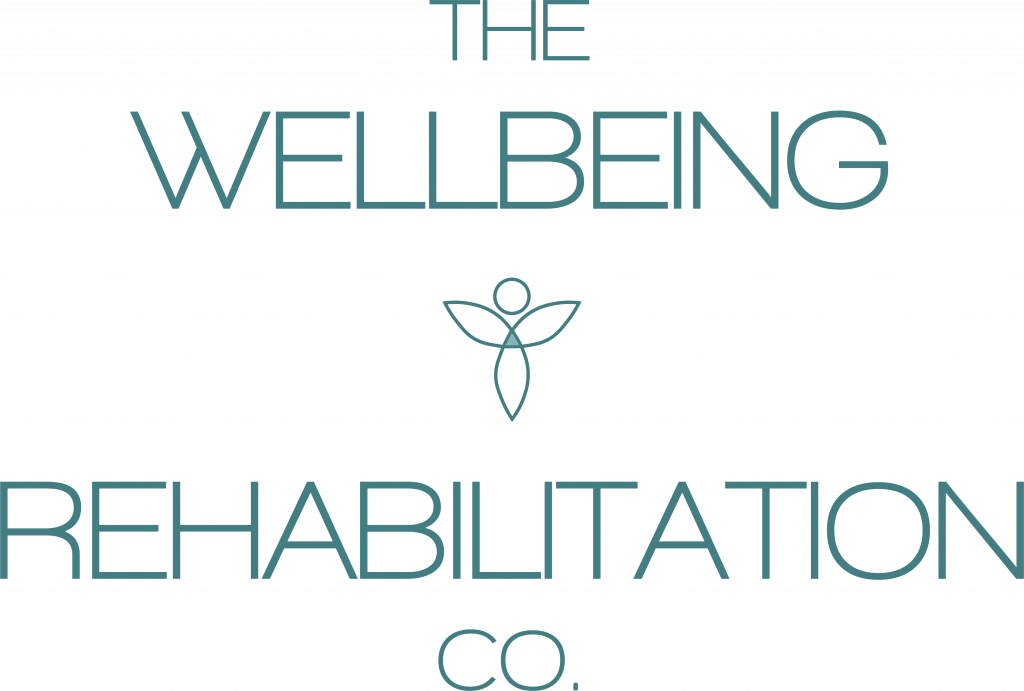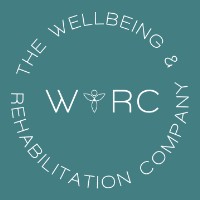
Time To Talk Day
2nd February 2023

The goal of Time to Talk Day is to make talking about our mental health and wellbeing more accessible, in our homes, at work and across communities. Connecting and sharing with others is vital in breaking down the stigma around mental health difficulties and create greater opportunities to support one another. Often sharing with family and friends can be enough to allow someone to feel better connected and understood. Sometimes, however, more time for talking is needed and this is when seeking counselling can be helpful.
Stepping into the counselling room for the first time can be daunting. The confidentiality that necessarily surrounds the counselling setting can also add to a feeling of the unknown, making it difficult to know what to expect. Even for those who have had counselling before, returning to access support again can feel a bit challenging. While each individual’s experience will be different and unique, it can be helpful to consider some of the common themes around starting or returning to therapy.
How do I find a counsellor?
Two established ways to find details of qualified counsellors are via the British Association of Counsellors and Psychotherapists(BACP) www.bacp.co.uk and the UK Council for Psychotherapists (UKCP) www.psychotherapy.org.uk . Both of these organisations require members to meet specific professional standards and adhere to ethical guidelines. You can search for individuals offering counselling in your area using the websites above as well being able to check an individual’s qualification and registration status. You can also use a resource such as the Counselling Directory www.counselling-directory.org.uk to find listings of counsellors who are working in your area or online and some information about the services they offer.
What should I expect from my first counselling session?
Generally counselling sessions will last for between 50 minutes to an hour and will take place in a quiet, comfortable space or over a secure online platform. All counselling interactions should begin with some discussion around expectation and shared understanding. From the practicalities of the frequency, timing and cost of sessions to the ethics of confidentiality and the aims and focus of therapy. Some people choose to speak with, and sometimes meet with, a number of different counsellors before deciding who to work with and to this end, many counsellors will offer a free or discounted initial point of contact, for example a short telephone call.
Beginning to speak openly with a stranger can be difficult so allowing yourself time to choose your counsellor carefully is important. It is absolutely fine, and encouraged, to ask questions and to take time to reflect before committing to working with a counsellor. Within the first session itself you will be offered the opportunity to begin talking about what brings you to think about counselling, to get an idea of how the counsellor you are meeting with works and to consider any hopes, expectations and worries you may be having.
How many counselling sessions will I have?
This is something that can be discussed with your counsellor from the outset, reviewed as time goes on, and will very much depend on your circumstances, needs and preferences. The frequency and number of sessions may be decided by the way you are accessing counselling, for example if this is through an NHS referral, through work or another organisation there may be an established expectation, e.g., 6 sessions offered on a weekly basis. If accessing counselling privately then there is usually more flexibility, some people choose to work on an open ended basis whilst others like to have a set number of sessions in mind. You will also want to consider the cost of sessions and any budget that you have in mind as well as the practicalities of setting aside time to attend sessions.
What happens when I no longer want/need to go to counselling sessions?
Ideally there will be an agreed ending to counselling sessions which offers an opportunity to reflect on the experience as a whole. This may be clear from the beginning if a number of sessions has been set out, or it may be reviewed and decided with your counsellor as a part of your work together. For some, one or two sessions of counselling may be enough, for others session can continue for months or even longer depending on individual circumstance.
What does counselling feel like?
Again, this is a very individual experience. Counselling is not for everyone or for every time so if counselling does not feel right for you at a particular time then that is ok. Beginning therapy can bring a feeling of relief, a space to stop and reflect on how things are in an environment that is designed to be free of expectation or judgement. It can also be challenging and uncomfortable to sit with the feelings that we are experiencing, especially if they are feelings that we find to be unhelpful, unwanted, or unacceptable. Ideally counselling offers a space where it is ok to talk about such things and by talking about them it is possible that a new or different perspective can be gained.
When in the midst of difficulty, the idea of simply talking about things can feel both too little and too much all at the same time. We can become stuck between action and inaction, the possible and impossible. This is what can be brought to counselling, exploring carefully and patiently noticing the feelings that arise, the thoughts, expectations and preconceptions that might be held and, hopefully, using the space and time of the counselling session to get a clearer understanding of what is going on for us. When we explain something to another person it can often help to open and deepen our own understanding, hearing our words out loud can be powerful. Sharing our internal process with another person can help us to feel less isolated and alone in that experience.
So what next?
You can find more information on how to begin talking, and listening, around mental health here https://timetotalkday.co.uk/tips-to-talk/ .
If you would like to make an appointment with Aine, or find out more information regarding the range of services that we have available at the WRC, please get in touch with us now:
Call us on: 0161 676 0341
Email us at: info@wellbeing-rehab.co.uk

Specialist providers of clinical and wellbeing services designed to meet your individual health needs.